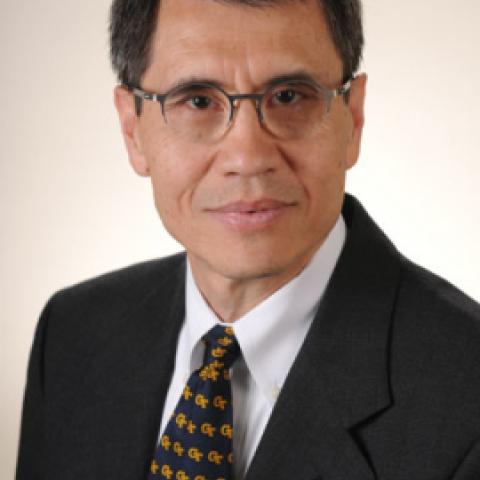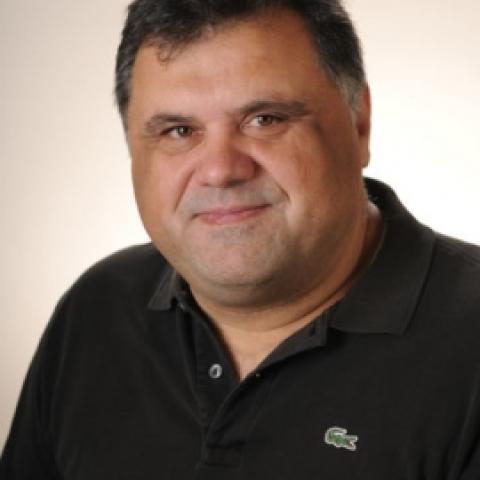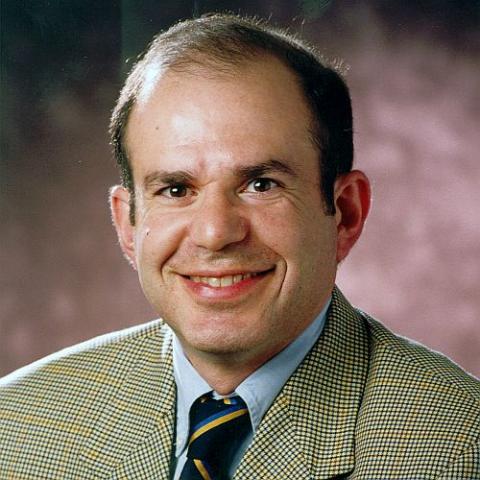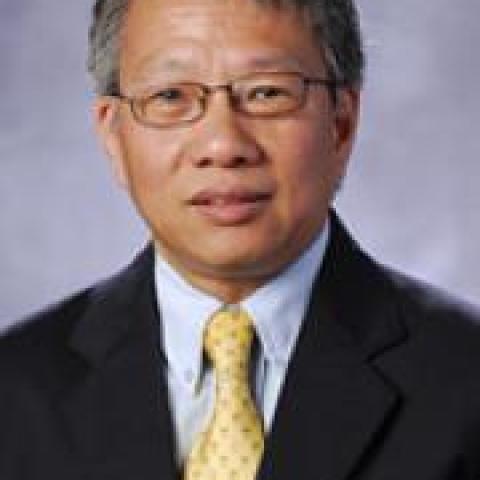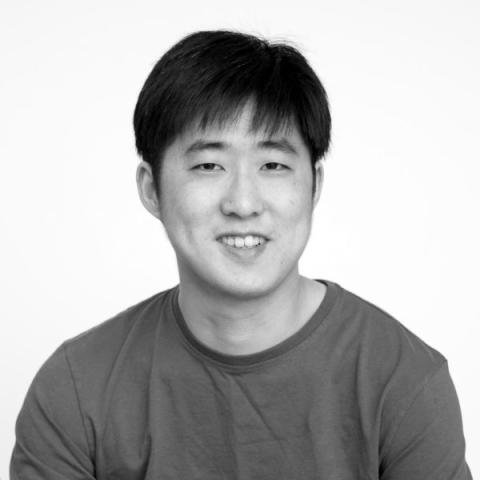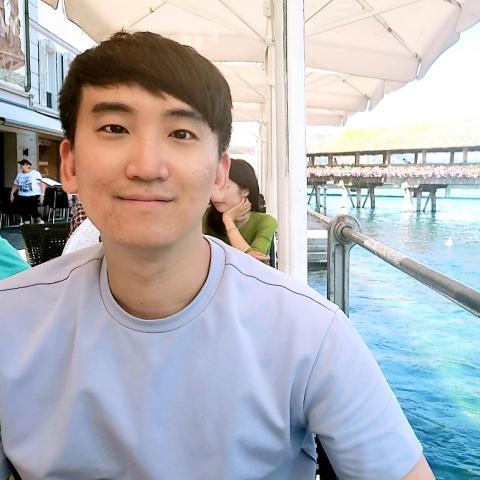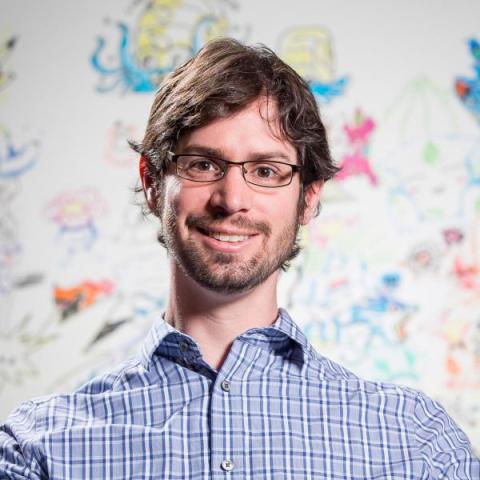Henrik I Christensen is the Qualcomm Chancellor's Chair of Robot Systems and the director of the Contextual Robotics Institute at UC San Diego, and also a Distinguished Professor of Computer Science in the Department of Computer Science and Engineering.
Dr. Christensen was initially trained in Mechanical Engineering and worked subsequently with MAN/BW Diesel. He earned M.Sc. and Ph.D. EE degrees from Aalborg University, 1987 and 1990, respectively.
Upon graduation, Dr. Christensen has participated in many international research projects across four continents. He has held positions at Aalborg University, Oak Ridge National Laboratory, Royal Institute of Technology and Georgia Tech before joining UC San Diego.
Dr. Christensen does research on robotics, with a particular emphasis on a systems perspective to the problem. Solutions must have a strong theoretical basis, a corresponding well-defined implementation, and it must be evaluated in realistic settings. There is a strong emphasis on “real systems for real applications!â€
Dr. Christensen has published more than 400 contributions across robotics, vision and artificial intelligence.
Dr. Christensen served as the Founding Chairman of EURON (1999-2006) and research coordinator for ECVision (2000-2004). He has led and participated in a many of EU projects, such as VAP, CoSy, CogVis, SMART, CAMERA, EcVision, EURON, Cogniron, and Neurobotics. He served as the PI for the CCC initiative on US Robotics. He is a Co-PI on ARL DCIST RCA, TILOS, the Robotics-VO, and several projects with industry. He was awarded the Joseph Engelberger Award 2011 and also named a Boeing Supplier of the Year 2011. He is a fellow of AAAS (2013) and IEEE (2015). He was awarded an honorary doctorate in engineering (Dr. Techn. h.c.) from Aalborg University, 2014.
Dr. Christensen has served or serves on the editorial board for many of the most prestigious journals in the field, incl. Intl. Jour. of Robotics Research (IJRR), Autonomous Robots, Robotics and Autonomous Systems (RAS), IEEE Pattern Analysis and Machine Intelligence (PAMI), and Image & Vision Computing. In addition, he serves on the editorial board of the MIT Series on Intelligent Robotics and Autonomous Agents. He was the founding co-editor-in-chief of Trends and Foundations in Robotics
Additional Research
Robotics; Computer Vision; Information Fusion
